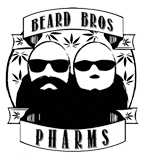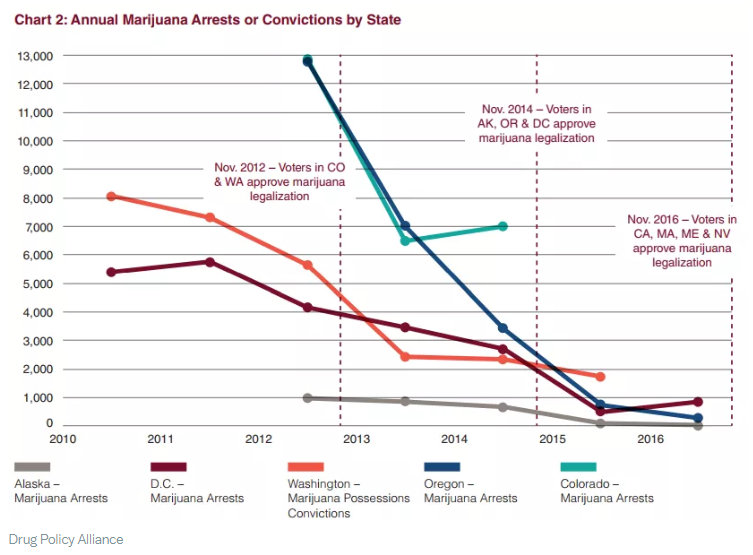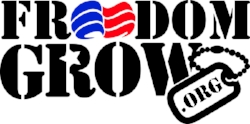
One of the most disturbing realities of cannabis prohibition over the past few decades has been the blatant racial inequality when it comes to who is being arrested for weed.

From the Hamptons to the hood, study after study conclusively show that white and black people, specifically, use cannabis in relatively equal numbers. Yet, you can close your eyes and throw a dart at a map of the US and any state you hit you’ll find a gross inconsistency in how many people from each race are made to face the long, crooked arm of the law over a plant.
This is not some history lesson from the distant past. This is happening right now, across America.
In the first 3 months of this year, 89% of people arrested for cannabis in New York City were either black or Hispanic.
In the nation’s capital, recreational adult use of cannabis was legalized in 2015, but still, 86% of DC residents arrested last year for weed were black, even though they make up just 47% of the local population.
On a nationwide average, black people are roughly 4x more likely to be arrested for cannabis than white people. That number more than doubles in places like New York and Iowa, and remains above average in far too many others.
A majority of states have implemented various forms of cannabis legalization and decriminalization, which has driven arrest rates down overall – that progress is a good thing.

But it has not addressed that disparity in arrest numbers once you break those numbers down by race.
Yes, overall cannabis related arrests are lower in legalized states for black people, but they are still much more likely to face some sort of weed-related wrath from the criminal justice system than a white person will. It’s that persistent gap that needs to be dealt with.
True legalization would not just close the gap, but wipe out the stats altogether. But, as we know, we do not have true legalization in this country…yet.
Beer is legal. We can walk into any number of stores or restaurants and get some in a matter of minutes. They might ask for our ID, they usually don’t. That is legal. Cannabis is not legal.
So what we have instead is a patchwork of state-level laws that all have little in common, other than the fact that they all fail to get to the heart of the issue. In Alaska, cannabis related arrests dropped by an amazing 99% between 2012 and 2016. But in that final year – the year the state legalized the recreational adult use of cannabis – black people were arrested at a rate 10x higher than white people.
Adding insult to injury, many states added clauses to their so-called cannabis reform that have effectively banned convicted felons from entering the legal industry. The same plant that got them their record is now being traded on the stock market and they can’t get a license to grow or sell it. It is a Mobius Loop of unfairness that can only serve to feed both the black market and, in turn, more arrests.
Whether it is some sort of racial bias by individual police officers, or is something more deeply rooted, our criminal justice system does not seem too interested in justice, or equality – and that extends well beyond just cannabis, unfortunately.
We can vote for politicians who may vow to fight it, but really there is not a whole lot that the average person can do to budge the literal “system”.
But we can affect our own movement.
One way that the cannabis reform movement is looking to balance the scales of justice a bit is through what have been dubbed Social Equity Programs.
While these programs vary from jurisdiction to jurisdiction, they do not specifically single out applicants by race, but rather by circumstance.
In Los Angeles, for example, the program is reserved for applicants who have either been arrested or convicted of a cannabis related crime before November 8th, 2016, or for applicants who have lived for 5-10 years in LA-area zip codes with the highest cannabis related arrest rates, or for low-income applicants with a household income of roughly $41,230 or less.
There are some other requirements and restrictions, but while LA’s Social Equity Program does not specifically cater to black residents, those that fall into any of those three categories may get the boost they need to get into the lucrative legal cannabis industry.
The war on drugs is, and always has been, a war on the average person – particularly if you’re a black person. The mental and physical health consequences of being subjected to today’s criminal justice system are way more harsh than any sort of personal consequences associated with smoking weed.
With public demand for cannabis legalization at an all-time high, and only on the rise, it is crucial that we recognize that those rights are for all Americans, regardless of race. And until the law sees it that way too, we’ve all got work to do.
=========
Consider a contribution to FreedomGrow.org

Keep updated on all the latest news and updates in the Cannabis industry here at Beard Bros Pharms by signing for our Friday Sesh Newsletter here. Always Dank and Never Spam!
















